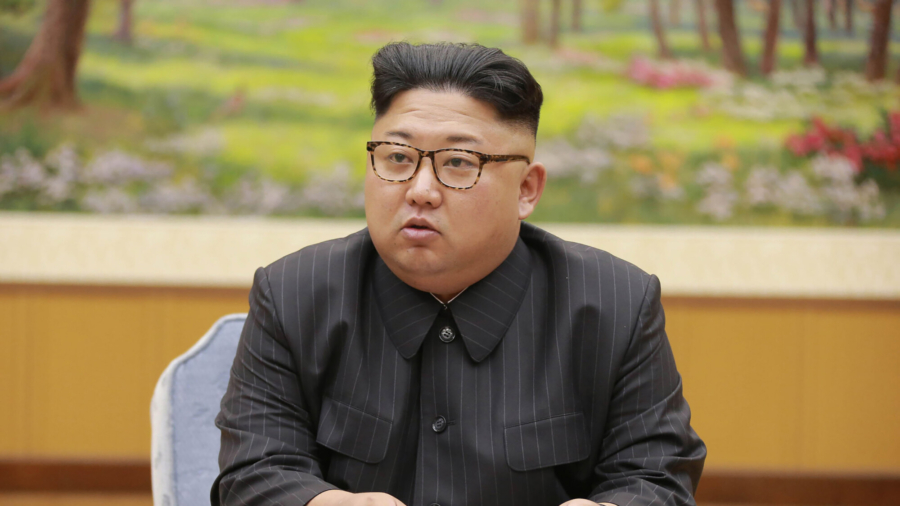North Korea has entered a “severe emergency” after confirming its first official cases of COVID-19, with leader Kim Jong-un ordering a nationwide lockdown on Thursday.
According to the Korean Central News Agency, a number of people in the capital Pyongyang had contracted the Omicron variant of the virus, also known as BA.2, although no further details were provided as to the exact number of people who have tested positive or possible sources of infection.
The samples of the infected people were collected on May 8, the news agency said.
North Korea’s confirmed infections come over two years into the pandemic. The country has claimed to have kept the virus at bay, despite it spreading rapidly across the globe.
The nation was one of the first countries to shut down its borders in January 2020 in an effort to prevent the virus from spreading via foreign countries.
However, experts have widely disputed North Korea’s claims regarding having zero cases of the virus.
“There has been the biggest emergency incident in the country, with a hole in our emergency quarantine front, that has been kept safely over the past two years and three months since February 2020,” the official KCNA news agency said in reference to the new cases.
KCNA said leader Kim Jong-un ordered the nation to “strictly lock down” across all regions to prevent the highly-transmissible virus from spreading and vowed to eradicate the outbreak.
Kim also said emergency reserve medical supplies would be mobilized, according to KCNA.
“The state epidemic prevention work shall be switched over to the maximum emergency epidemic prevention system,” KCNA said.
This is not the first time that Kim has ordered a lockdown in his country, albeit not on such a large scale.
In July 2020, the leader declared a “maximum emergency” and ordered Kaesong City, which is located near the border with South Korea, to be placed on lockdown for three weeks after a suspected COVID-19 case was reported.
Research and advocacy organization Human Rights Watch warned earlier this year that North Korea’s strict pandemic measures, including shutting down its borders to foreign visitors and trade, have further strengthened the government’s already strict control while simultaneously creating a humanitarian crisis.
“North Korea used COVID-19 restrictions to further oppress the North Korean people while igniting a crisis over access to food, medicine, and other essential goods,” said Lina Yoon, senior Korea researcher at Human Rights Watch. “Governments and international institutions should press the North Korean government to accept monitored international assistance like food, vaccines, and medicine, and to be transparent and non-discriminatory in addressing the pandemic.”
According to the latest data from the World Health Organization, 64,207 North Koreans have received COVID-19 testing and all had been found negative as of March 31.
However, it is unclear if or how many of North Korea’s population of 26 million have been vaccinated, given that the nation rejected shipments of vaccines from the COVAX global COVID-19 vaccine-sharing program and the Sinovac Biotech vaccine from China, which would require international monitoring.
South Korea’s government on Wednesday said it had issued renewed offers of humanitarian assistance to the North following news of the outbreak but that Pyongyang has yet to respond.
Reuters contributed to this report.


